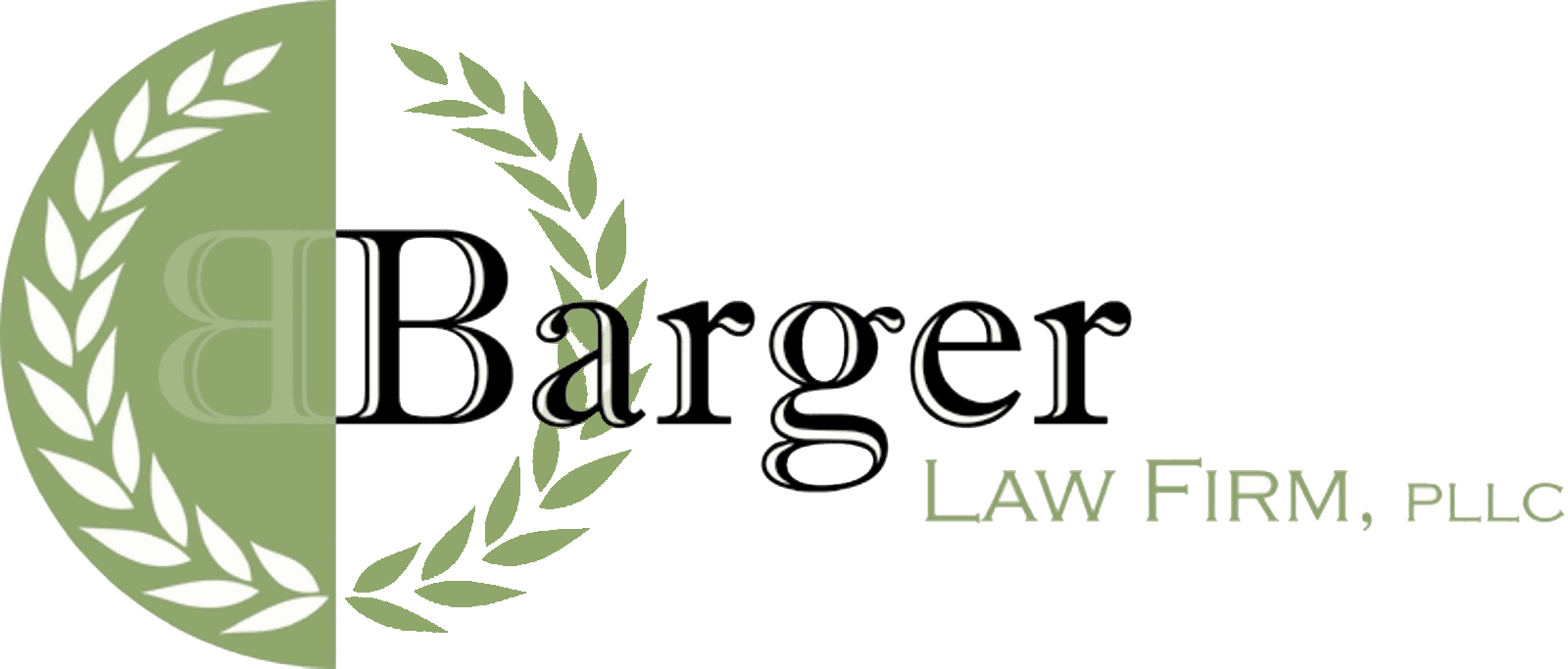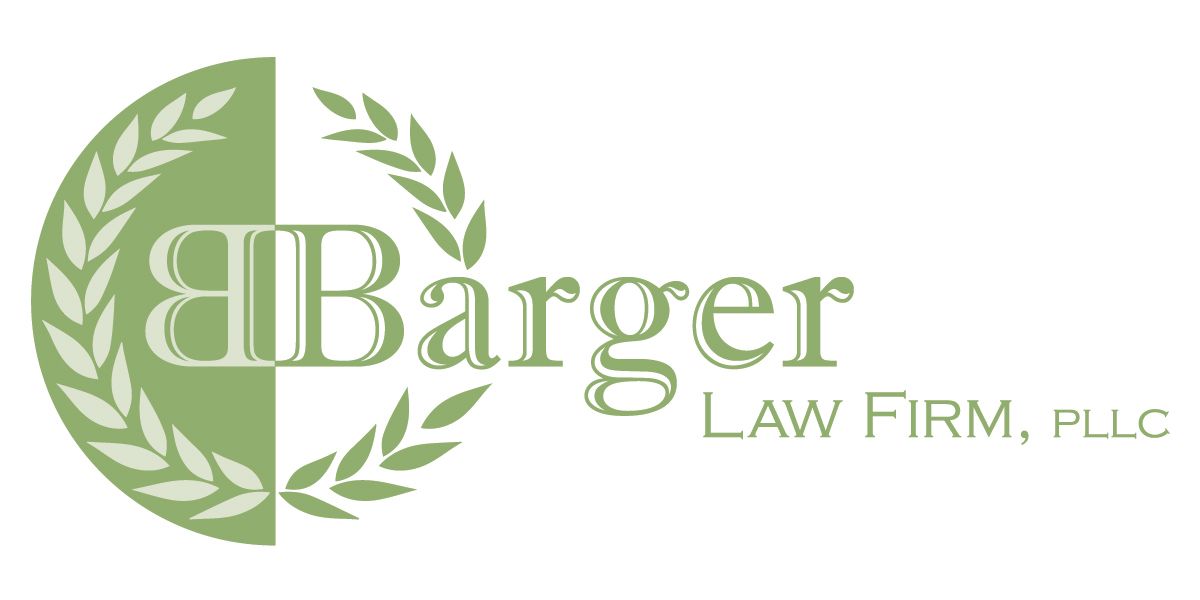
Your assets can be distributed under a trust without invoking a probate court, which is often the case when a trust is created. Depending on their structure, trust can take effect before death, after death, or in the event of incapacity. Conversely, wills are only effective upon death and require judicial authentication, which can be expensive and time-consuming.
There are several different purposes that can be accomplished by trusts. The purpose of a trust can include transferring property, reducing estate taxes, preserving assets for minors until they reach adulthood, or benefiting charities.
LIVING TRUSTS
Created and active during the lifetime of the grantor.
TESTAMENTARY TRUSTS
Trusts formed after the death of the grantor.
REVOCABLE TRUSTS
Can be changed or revoked entirely by the grantor.
IRREVOCABLE TRUSTS
Can't be changed or revoked by the grantor once they are implemented
.
Do you need trust?
An estate trust may be right for you if you have assets in real estate worth at least $100,000 and have very specific instructions about how your estate should be distributed after death. The creation of a trust can also minimize estate taxes or protect your assets from creditors and lawsuits.
Flexibility, variety, and complexity are all characteristics of trusts. Choosing one will depend on the type of estate planning you choose, and your estate planning attorney will be able to explain the benefits and drawbacks of each.

Benefits of Trusts
There are several reasons to consider a trust. Here are some of the common benefits:
- Bypass Probate: Assets that are willed to beneficiaries generally pass through probate, a legal process that can be time-consuming and expensive. Avoiding probate can help save time and money for your heirs, and it can help protect your family's privacy.
- Privacy: Trusts can help protect your privacy because they do not necessarily become public records.
- Tax Advantages: Certain types of trusts allow for the transfer of assets out of the estate, which can effectively reduce estate taxes and gift taxes.
- Protecting Assets From Creditors: Similar to the tax advantage benefit, due to the change in ownership, transferring assets out of the estate can limit creditors' access to them and shelter them from judgments against you.
- Control of Assets: By specifying the terms of your trust, you can decide who receives your assets and when they will receive them after you die.
- Children as Beneficiaries: A trust can be used to name your children as beneficiaries of your life insurance policy.







